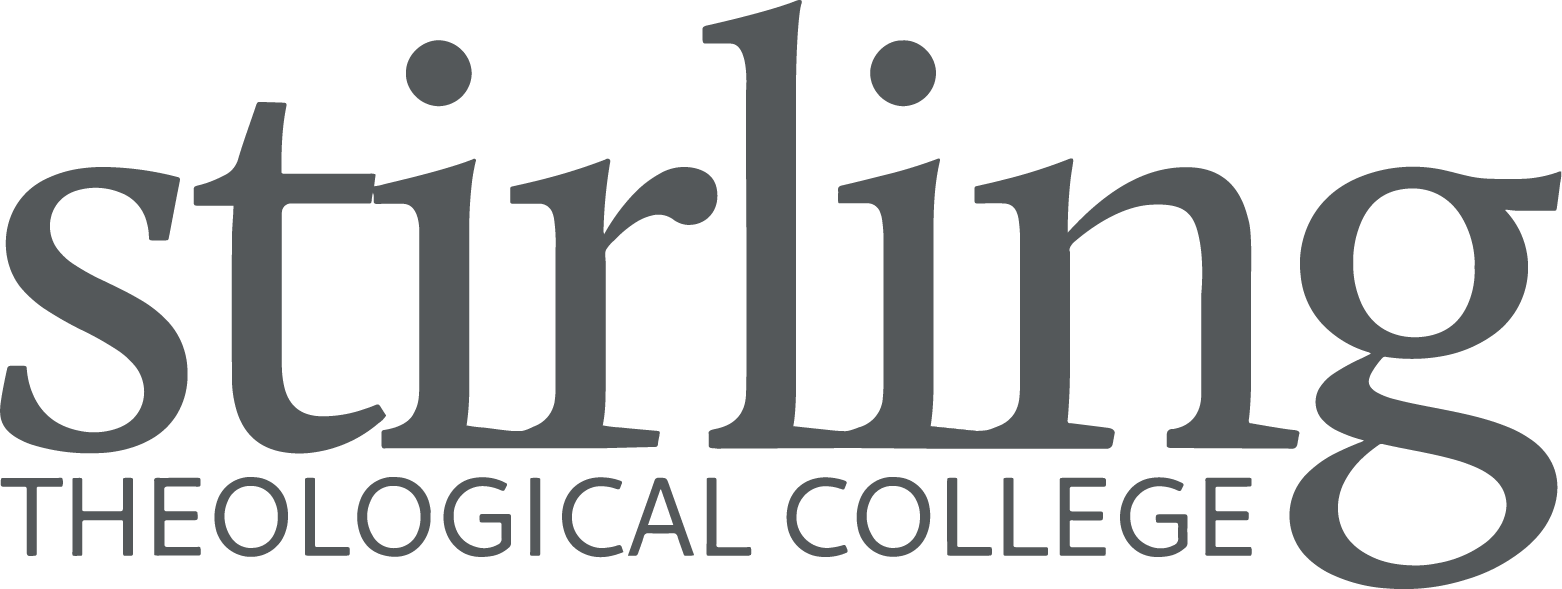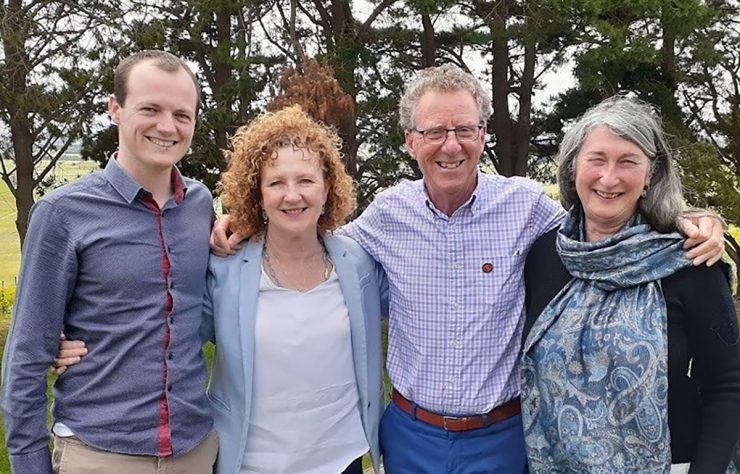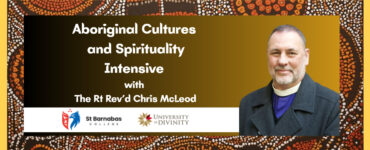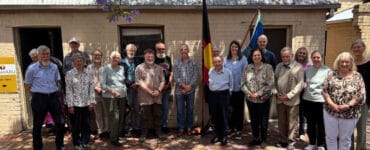This article was originally published by the Catholic Diocese of Ballarat in Edition 110 of their Diocesan e-News. It has been republished on Vox with permission.
Rev Mr William (Bill) Lowry, Deacon of the Catholic Diocese of Ballarat, writes about his experience of Clinical Pastoral Education placement in regional Victoria.
In a year of instability and turbulence, one familiar constant for me last year was my Clinical Pastoral Education or CPE placement in the scenic coastal town of Warrnambool. This healthy rhythm of pastoral visitations, to age care facilities and private homes (when I could), along with the pastoral intervention reviews and journal entries I wrote each week helped keep me occupied through the monotony of staggered lockdowns. More importantly however, CPE afforded me an invaluable experience to understand, integrate and develop my own pastoral presence.
Clinical Pastoral Education (CPE) is an intensive course of pastoral experience in a given clinical setting. This could be a full-time three-month experience in a setting such as a hospital, or in my case part-time over twenty weeks in an aged care facility and parish context. CPE helps those engaged in spiritual/pastoral care develop a real sense of their own pastoral, professional, personal and spiritual identity and aids participants in making assessments of and responding to the spiritual needs of others. CPE involves both practice and theory in what is called an action/reflection methodology, involving a practical clinical placement as well as group and individual supervision.
In my initial application process for CPE, I was rather nervous I admit, yet I’m still really unsure as to why – it really was a life changing experience. CPE is heavily promoted in our seminary formation to priesthood and all the other seminarians I had talked to about CPE all had very transformative and encouraging experiences. I completed my placement for CPE with the South-West CPE centre last year between June and November in the Star of the Sea Parish South-West Coast around the greater Warrnambool area. Like everyone, my time on the placement was somewhat complicated by the pandemic, but I was still able to experience some very fruitful pastoral encounters.
Despite the different ease of pace with the pandemic, CPE was certainly no walk in the park!
Each week we would have Group Supervision for six hours on zoom, with a nice lunchbreak in between, thankfully. As well as a full day within the nursing home, normally beginning with a liturgy of the Word with Holy Communion, as we were unable to have Mass in the facility at the time. This was also complemented with many visitations to a broad variety, a cross-section of the local community with all sorts of pastoral/spiritual needs. Normally, each of our CPE group sessions would have at least four participants and a supervisor. Each session would involve presenting a different piece of reflective work or some ongoing education in topics important to pastoral and spiritual care. Producing work every week for our Thursday group sessions and my fortnightly individual supervision was no easy feat.
It was in this process of critically reflecting on my own pastoral experiences and the level of care I provided however that I learnt the most about who I am as a pastoral carer and how I can grow in the development of my own pastoral style.
Written work for the CPE course was broad. Each week we would have to write a pastoral practice journal, reflecting on the experiences of the previous week, we wrote and reflected on our spiritual journeys, we completed mid and final term evaluations and we completed eight pastoral intervention reports (PIRs). These were the most interesting tasks for me. It was a very eye-opening experience presenting someone’s story and my own pastoral encounter (de-identified) to my group of peers to reflect on.
Whilst we were all Catholic in this group, we all varied in our employment in hospital and prison chaplaincy as well as pastoral care in the age care setting. We varied also in our understandings of the church, of pastoral care and the role of faith in the pastoral context. It was this diversity and freedom, and the boldness with which the group shared, that really led to great insights and mutual enrichment.
We each had the opportunity in presenting our PIRs to engage in a ‘dialogue’ with another participant, reading through a real pastoral encounter and evaluating our own strengths and areas for growth in providing pastoral care. If ever you wish to learn about how you interact in your daily relationships have someone read back your responses in dialogue form. I learnt so much hearing my interventions from the perspective of the person cared for.
Overall reflecting on my experience of the CPE program, with its theoretical and practical components, I would highly recommend it to any person involved in pastoral and spiritual care, be it in a service or educative context. One of the most difficult aspects of pastoral and spiritual care is critically evaluating our own care for others and having a network of feedback and support in doing so. Unless you have been in the role of the patient, you can’t really know completely your own pastoral capabilities or all your areas for improvement.
CPE is an invaluable opportunity for those who participate in the life of our Diocesan communities more broadly, building up the pastoral competencies of those who minister within our organisations and parishes. This course helps not only individuals in developing their pastoral identity but also the mission of the church more broadly, as we all increase our awareness of how to model the love of God in our every pastoral encounter.
The South-West Victoria CPE Centre is currently taking expressions of interest for their 2022 Part-Time Course from July-Nov. The supervision for the course will be offered online via Zoom, with some face-to-face opportunities during the semester. CPE Units through the Centre are also credited through the University of Divinity towards the completion of theological studies.
To find out more about Clinical Pastoral Education click here or contact the CPE Liaison Office, Allison Whitby | Email: awhitby@stirling.edu.au | Phone: (03) 9790 1000

Stirling College is committed to ongoing theological reflection and the formation of each member of our learning community. Stirling is committed to being Christ centred in heart, thought, word and deed. We form people towards Christ centred lives, mission and ministry. Stirling is committed to giving students the best possible skills to read the Bible in its original context and to then reflect on what that means for today and how to apply it in their lives, not just for their own benefit but to benefit the Body of Christ in its diverse and varied expressions.







Add comment